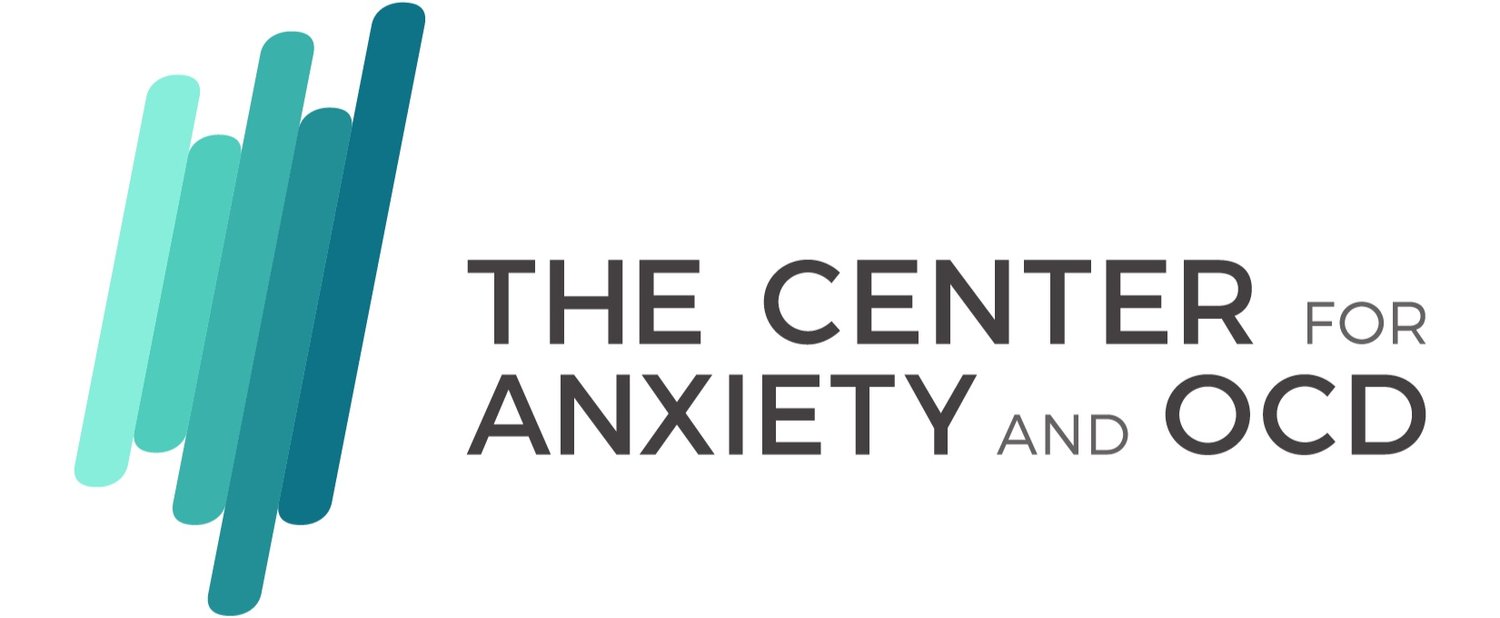Am I Making My OCD Worse?
You’ve heard it in therapy a hundred times—so often, in fact, that it almost seems too simple to be true: ignoring your physical health can make anxiety and OCD symptoms worse.
Logically, it makes sense. And yet, many of us continue searching for a magical cure or shiny new intervention, instead of making the simple but powerful lifestyle adjustments that truly pack a punch.
The relationship between physical and mental health is bidirectional. A 2019 study even showed that participants with OCD perceived themselves as physically less healthy than those without the diagnosis.
For optimal overall health, make sure you:
Meet Your Basic Needs
If you’re feeling anxious, it’s important to turn off those internal “check engine” lights before getting stuck in a spiral. After all, everything feels worse when you’re running on empty—whether from lack of food, rest, or connection.
One easy tool to help with this is the acronym HALTS:
Hungry
Angry
Lonely
Tired
Stressed
Each of these states increases our vulnerability to anxiety and catastrophic thinking. The good news? These are all factors we can influence. Small shifts—like eating regular meals, getting more sleep, or reaching out to a friend—can have a major impact on how safe and regulated we feel.
We can’t always change our thoughts and feelings, but we can pack a snack to keep our blood sugar stable and our thinking grounded.
Respect the Physical Toll of Anxiety
Managing anxiety consumes a lot of physical energy. For those living with OCD or chronic anxiety, rest becomes even more essential to offset the toll of constant mental activation.
Anxiety triggers a full-body fight-or-flight response. It’s exhausting and means you may genuinely need more rest than others to function at your best—and that’s not a weakness. It’s a physiological truth.
Mental Healthcare Is Healthcare
Contrary to popular belief, mental and physical health aren’t separate. They’re two parts of the same whole. The division we draw between them only fuels stigma and delays access to life-changing treatments.
It’s easy to accept medication for diabetes—but when it comes to anxiety or depression, many hesitate. That hesitancy isn’t about the treatment itself—it’s about how we’ve been taught to think about mental health.
But here’s the truth: whether you support your healing through nutrition and sleep, or through therapy, medication, or mindfulness, every step sends the same message to your brain:
I am worthy of care. I am investing in my healing.
And that’s what recovery is all about—showing up for yourself in action, not just intention.
Warmly,
Madelaine

